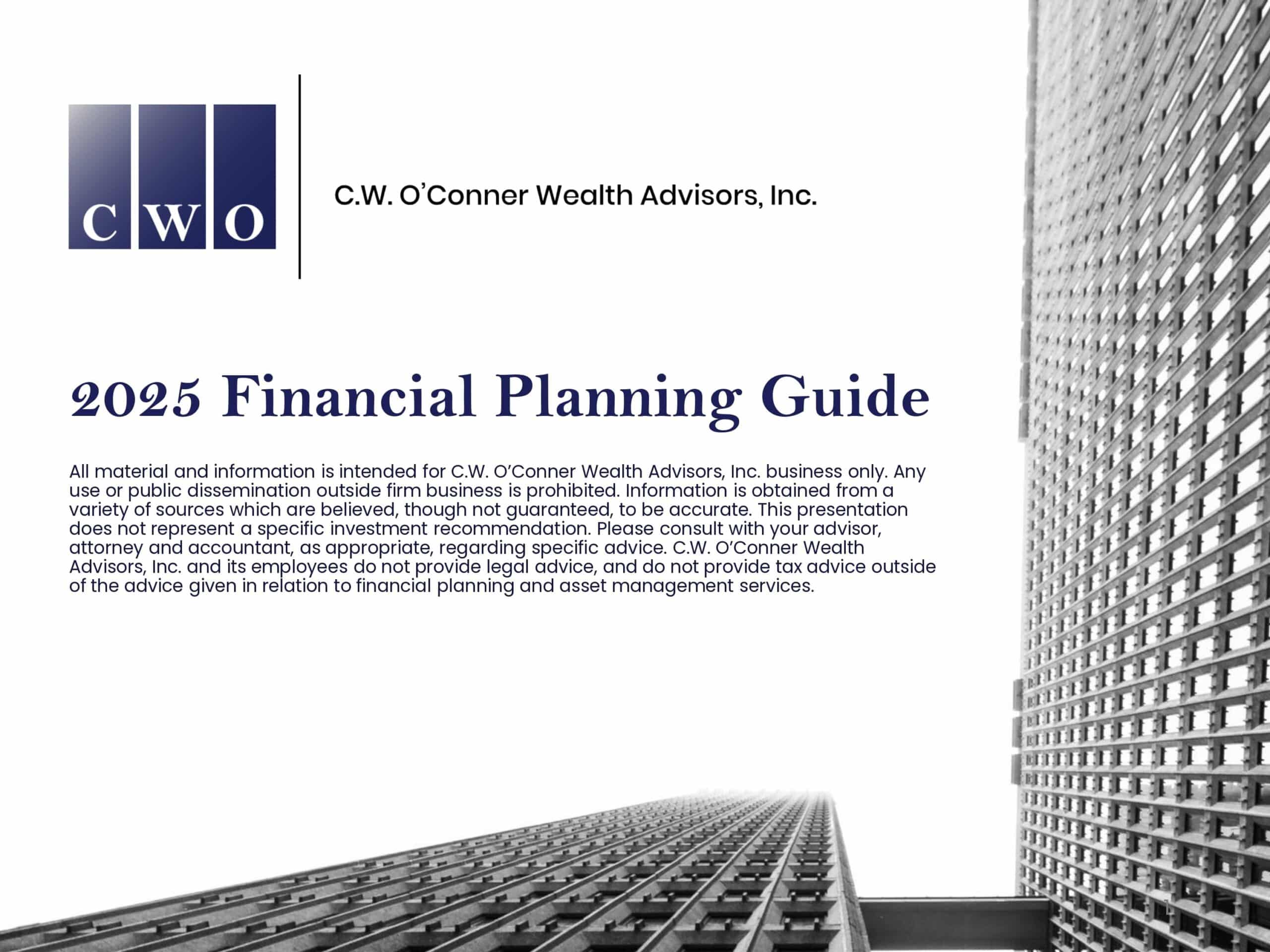
For some investors, in order to ensure a well-diversified portfolio, the traditional asset categories of stocks, bonds and cash equivalents aren’t enough. In these instances, investors may want to consider turning to alternative assets in the private market space.
These are investments that don’t fall into one of the three traditional asset categories. Some of the most common alternative assets are private equity, private debt, private real estate and hedge funds.
Private market funds, for the most part, have been regulated much less than assets in the public market. That’s because high-net worth investors are considered to be better equipped to sustain potential losses than average investors.
In this series of articles, we will take an in-depth look at each of these alternative assets to help you decide if they are a wise choice for you, starting with hedge funds.
What Are Hedge Funds?
A hedge fund is a privately owned and managed investment fund that uses complex financial strategies to generate a positive return on investment regardless of the overall market direction. They are called hedge funds because they’re designed to limit (or “hedge”) risk exposure and reduce volatility by using various nontraditional financial strategies and assets, such as derivatives, short sales, commodities, real estate, and currencies.
However, these assets themselves tend to be riskier and more aggressive. The idea is to diversify a portfolio using assets that offer a high return potential, even if they might also entail more risk. Hedge funds are not a specific asset class, like stocks and bonds; instead, they can invest across a wide range of asset classes.
Hedge funds may also use leverage, or borrowed money, to increase their buying power. While this can boost returns, it also increases risk. Hedge fund investing strategies vary widely from one fund to the next.
The hedge fund industry has taken off in recent years as more investors search for ways to generate positive returns while limiting risk exposure. More than $3.6 trillion is currently invested in hedge funds, according to Preqin.*
How Are Hedge Funds Structured?
Hedge funds can be structured in different ways, most commonly as pooled funds through limited partnerships or limited liability companies (LLCs). Unlike private equity, hedge funds are usually open-ended with all money invested upfront, making them more liquid than private equity funds. Hedge funds typically invest in the public markets while private equity funds invest in the private markets.
Most hedge funds employ what’s known as a 2-and-20 fee structure. Two percent of assets under management are devoted to the fund’s annual maintenance and overhead, including paying the fund manager. The 20% fee is a performance incentive for the fund manager that’s incurred only if the fund’s profit exceeds an agreed-upon level or high-water mark.
For example, consider a $1 million investment in a hedge fund using the 2-and-20 fee structure and an agreed-upon performance level of 20%. If the fund fails to meet this performance level, the annual fee would be $20,000 (2% of $1 million). But if it does meet the 20% performance level, an additional performance fee of $40,000 (20% of the $200,000 profit) is allocated to the fund manager with a profit of $160,000 (80% of the $200,000 profit) going to the investor.
Who Can Invest in Hedge Funds?
It’s important to note that due to their complexity and lack of regulation by the SEC, not everyone can invest in a hedge fund. Regulators want to make sure that investors understand the complexity and unique risks involved in hedge funds so only accredited investor or qualified purchasers are allowed to participate.
What is an Accredited Investor?
An accredited investor is an investor who has a net worth of more than $1 million (excluding their primary residence) or annual income of more than $200,000 (or $300,000 for married couples) in each of the prior two years, with a reasonable expectation of earning this amount in the upcoming year. Whereas a qualified purchaser is an investor with investable assets of $5 million or more (excluding their primary residence).
Hedge funds have traditionally required high minimum investments of at least $100,000 or more, which has limited the ability of non-high net worth investors to participate in them. In recent years, however, some alternative mutual funds have been introduced that make hedge funds available to smaller investors.
Common Hedge Fund Strategies
Here are a few of the most common hedge fund strategies:
• Equity — Fund managers strive to balance long and short positions in the public markets to boost returns and lower risk.
• Event-driven — Fund managers purchase investments when they believe a one-time event (such as an acquisition) will positively impact the return.
• Merger arbitrage — Fund managers try to take advantage of opportunities where they believe a merger or acquisition price isn’t fully reflected in an investment.
• Global macro — Fund managers analyze how they believe global macro-economic trends will impact exchange rates, interest rates and commodity prices. Then they look for investments that will be positively impacted by these changes.
• Quantitative — Fund managers use algorithms to analyze large data sets in search of profitable trading opportunities.
How We Can Help
The team at C.W. O’Conner Wealth Advisors works closely with investors to determine if alternative assets, including hedge funds, are appropriate based on goals, time horizon and risk tolerance. Call us directly at 770-368-9919 or email Cliff at [email protected] or Kevin at [email protected] to learn more.
* https://www.preqin.com/academy/lesson-3-hedge-funds/what-is-a-hedge-fund
Download our 2025 Financial Planning Guide







